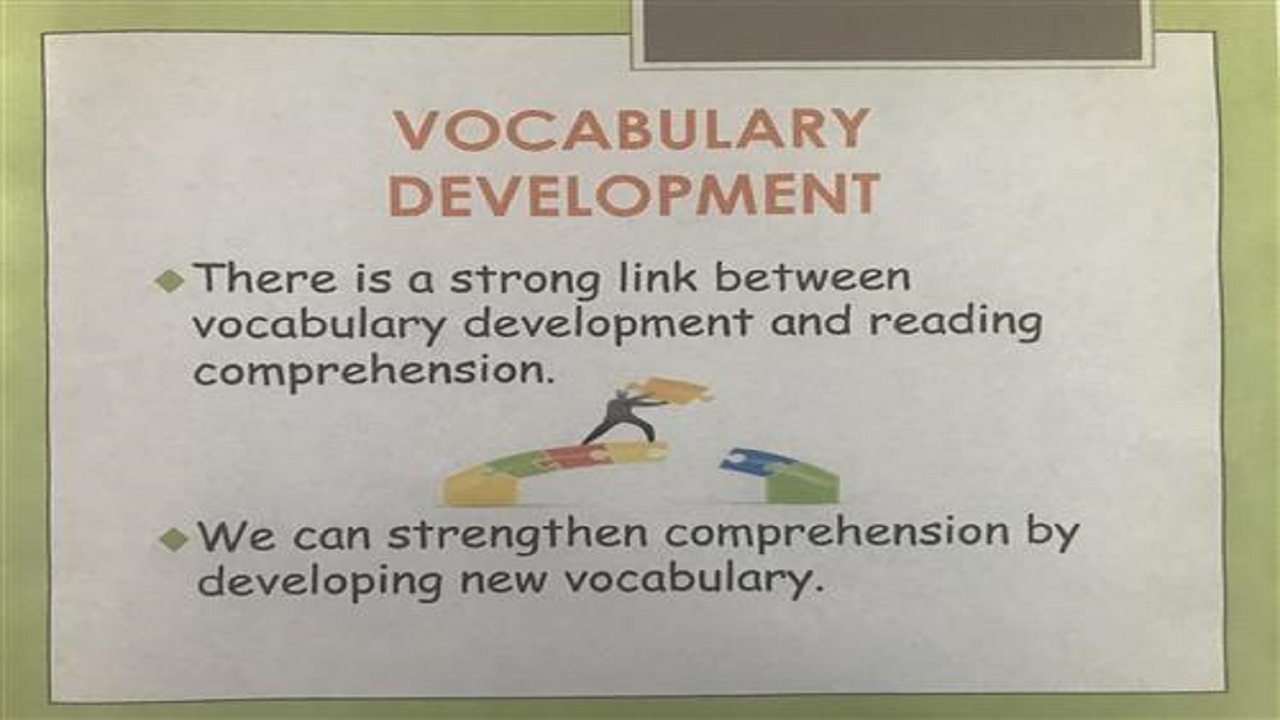
Words are the building blocks of communication, and a strong vocabulary is essential for effective expression and understanding. Whether you are a student looking to improve your academic performance, a professional aiming to enhance your communication skills, or simply an individual interested in expanding your knowledge, developing a rich vocabulary is a worthwhile endeavor. Here is a guide to help you unlock the power of words and enhance your vocabulary:
Reading is one of the most effective ways to encounter new words and understand their usage in context. Make a habit of reading a variety of materials, including books, newspapers, magazines, and online articles. Challenge yourself by exploring different genres and subjects to expose yourself to diverse vocabulary.
Maintain a journal or digital document where you can record new words you encounter. Include the word, its definition, and a sentence or two demonstrating its usage. Regularly review your journal to reinforce the words in your memory.
When you encounter unfamiliar words, try to understand their meaning from the context in which they are used. Look for clues in the surrounding sentences or consult a dictionary if needed. This approach helps you connect new words to their appropriate contexts, making them easier to remember.
Flashcards are a classic tool for vocabulary development. Create flashcards with a word on one side and its definition on the other. Test yourself regularly to reinforce your learning. Alternatively, you can use vocabulary-building apps or online platforms that offer interactive exercises and quizzes to make learning engaging and fun.
Engage in word games and puzzles like crosswords, word searches, and Scrabble. These activities not only make learning enjoyable but also help you discover new words and reinforce your existing vocabulary. Joining word game communities or competitions can also provide opportunities to learn from others.
Actively incorporate new words into your conversations, writing, and presentations. By using the words in real-life situations, you reinforce your understanding and improve retention. Engage in discussions, join language clubs, or find writing opportunities to practice and receive feedback on your word usage.
Creating connections between words can aid in memorization. Identify synonyms, antonyms, or related words that are associated with the new words you are learning. Visualize these connections and use them as memory aids to recall the meanings of the words more easily.
Many words share common roots, prefixes, or suffixes, which can provide valuable hints about their meanings. Familiarize yourself with common word parts and their definitions. This knowledge will enable you to decipher unfamiliar words by breaking them down into their constituent parts.
Words often carry cultural connotations and references. Explore different cultures, traditions, and historical events to gain a broader understanding of the world and the vocabulary associated with various contexts. This cultural knowledge will enhance your comprehension and appreciation of different texts.
Building a robust vocabulary takes time and dedication. Make a commitment to regular practice and embrace the journey of continuous learning. Celebrate your progress, no matter how small, and remain patient with yourself.
Remember, unlocking the power of words is a lifelong endeavor. By following these strategies and maintaining an active curiosity for language, you can steadily expand your vocabulary and unlock new realms of expression and understanding.